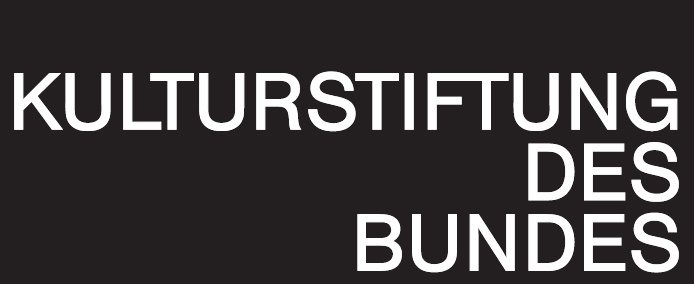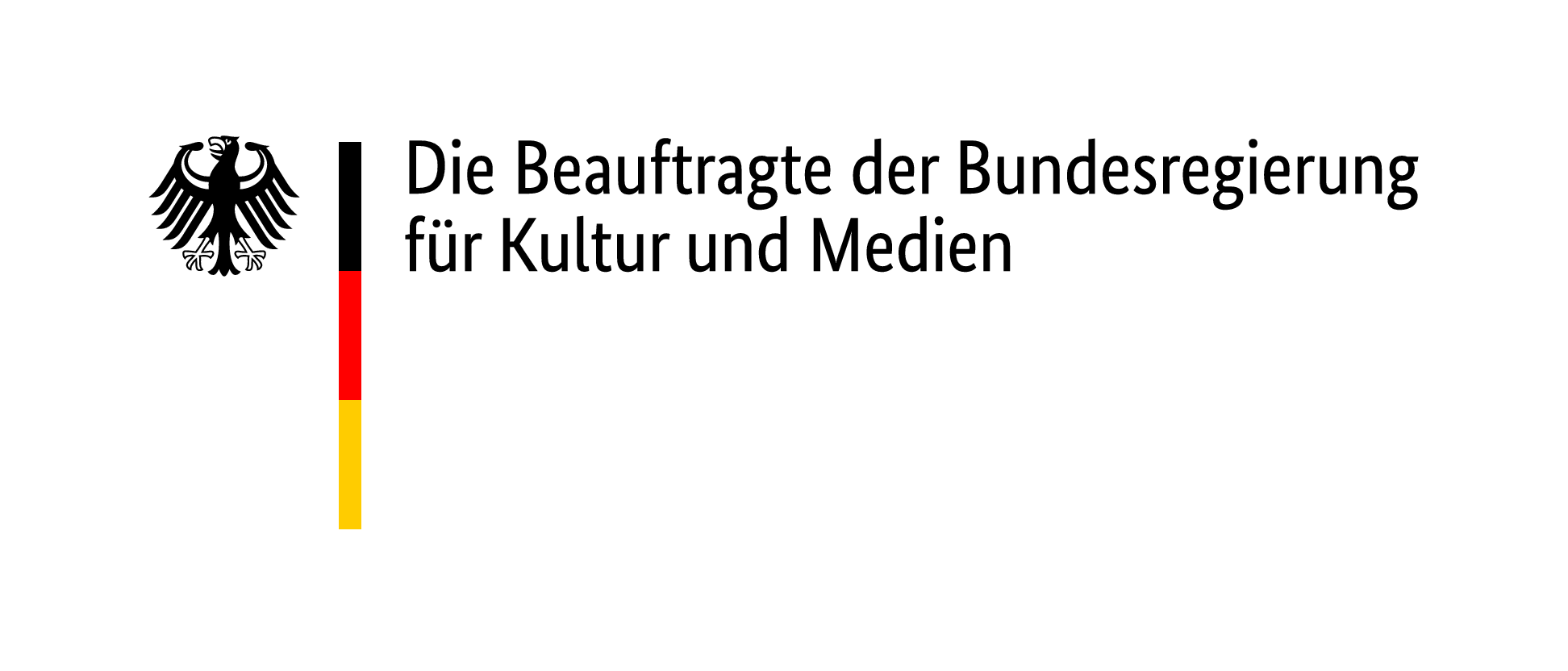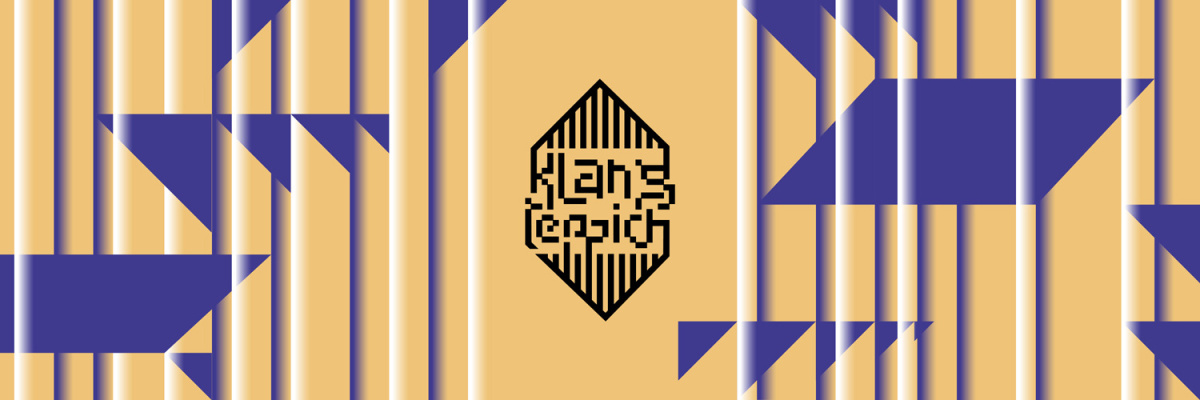
This Online Special is a collaboration between Norient and the Berlin-based festival Klangteppich. Since 2021, this Special has grown into an archive of lively perspectives on contemporary music-making in Iran and the Iranian diaspora. Traces of references appear – freed from self-ascriptions or external attributions, artists dare to deal with their family histories and the look at individual careers and artistic strategies sharpens awareness of the complex realities in which diasporic artists work. Curated by Franziska Buhre. In 2023, Norient Books has published a printed magazine with past and new contributions by Iranian cultural practicioners from the diaspora.
- Short Essay by Pardis ZarghampourIn diesem Text reflektiert die in Deutschland lebende, lurische Sängerin Pardis Zarghampour ihr Verhältnis zur Kultur der Luren, einer indigenen iranischen Volksgruppe. Insbesondere die Musik spielt in der Kulturvermittlung eine bedeutende Rolle.
- Short Essay by Shayan NavabIn this essay, the diasporan writer Shayan reflects on the sounds of the Iranian revolutions, from the delicate stories of his family’s past to the brutal videos circulating in the aftermath of the murder of Jina Mahsa Amini in September 2022.
- Short Essay by Matthias KüntzelWarum bezeichnet Irans Revolutionsführer Ali Khamenei Israel als «bösartigen Krebstumor, der entfernt und vernichtet werden muss»? Über die persisch-sprachige Nazipropaganda im Rundfunk und ihre bis ins 21. Jahrhundert spürbaren Folgen.
- Short Essay by Nikan «Siyanor» KhosraviFor Iranian metal musician Nikan Khosravi, music is a way to articulate protest. Having lived under state repression, metal, as he explains in this personal essay, helped him to stay candid with himself and to express his dark feelings.
 BookSince 2021, Norient has been publishing an Online Special together with Klangteppich, the Berlin-based festival for music from the Iranian diaspora. The fifth festival edition is now an opportunity to collect a selection of previous and new texts in a printed magazine.
BookSince 2021, Norient has been publishing an Online Special together with Klangteppich, the Berlin-based festival for music from the Iranian diaspora. The fifth festival edition is now an opportunity to collect a selection of previous and new texts in a printed magazine.- Essay by Franziska BuhreWoher kommt die Motivation, ein Festival für Musik aus Iran und der iranischen Diaspora zu organisieren? In diesem Text erinnert sich Klangteppich-Festivalmacherin Franziska Buhre an eine prägende Reise nach New Orleans im Jahre 2016.
- Essay by Shaahin PeymaniThe audiovisual artist Shaahin Peymani and his family share a long history of migration from Iran to Germany and back. Here he maps the route from his German grandmother’s migration diary alongside one of his own compositions.
- Poetic Text by Tanasgol SabbaghA poetic encounter with the different family histories of poet Tanasgol Sabbah and bassist Reza Askari. Weaving together experience, memory, and narrative, this piece switches between languages, and allows uncertainty about what is said and what is imagined.
- Round-Up by Erum NaqviA round-up of the cosmopolitan classical musical culture in Iran. Starting with music scholars of the Qajar era (1796–1925) and ending with the global music scene of the 21st century, from both the diaspora and from home.
- Essay by Arshia SamsaminiaHow can performers of contemporary music play the micro-intervals of traditional Persian music regardless of their cultural background? Artist–researcher Arshia Samsaminia explains the set of problems related to this question and looks for answers.
- Essay by Shabnam ParvareshDie Klarinettistin Shabnam Parvaresh beschreibt die Musik ihrer Kindheit und Jugend. Die Erinnerungen an ihr Elternhaus verbinden sich mit geliebten Tonträgern und endlosen Downloads. Was sie als Musikerin noch im Gepäck hatte, entdeckte sie aber erst in Deutschland.
- Short Essay by Sophie GroblerIn the German Democratic Republic, the song «Unsere Heimat» (Our Homeland) became an anthem that glorified the idea of a socialist homeland. After the fall of the Berlin wall, the song disappeared from public memory. At least this was what our author thought.
- Short Essay by Yalda ZamaniThe conductor, researcher, and performer Yalda Zamani makes a case for more interdisciplinarity in the conductor’s practice. The search for new methods of collaboration and exchange could inspire new and progressive concepts of leadership in musical practice.
- Interview by Franziska Buhre, Hadi BastaniIn this interview, sound artist, composer, and anthropologist Hadi Bastani talks about his listening habits; his earlier research on noise music, glitch, and computer music; and the effect that online fieldwork has had on his collaborative works.
- Poem by Ali KamraniIn dem Gedicht für sein gleichnamiges Lied beschreibt der iranische Schauspieler und Dichter Ali Kamrani seine Erfahrungen als Einwanderer in Deutschland.
- Short Essay by Amin HashemiIn comparison to Los Angeles, there was never an Iranian «community» of popular musicians in Germany. Nevertheless, Iranian popular musicians and scholars debating popular music left their traces. Why, our author asks here, were some of them more successful than others?

















